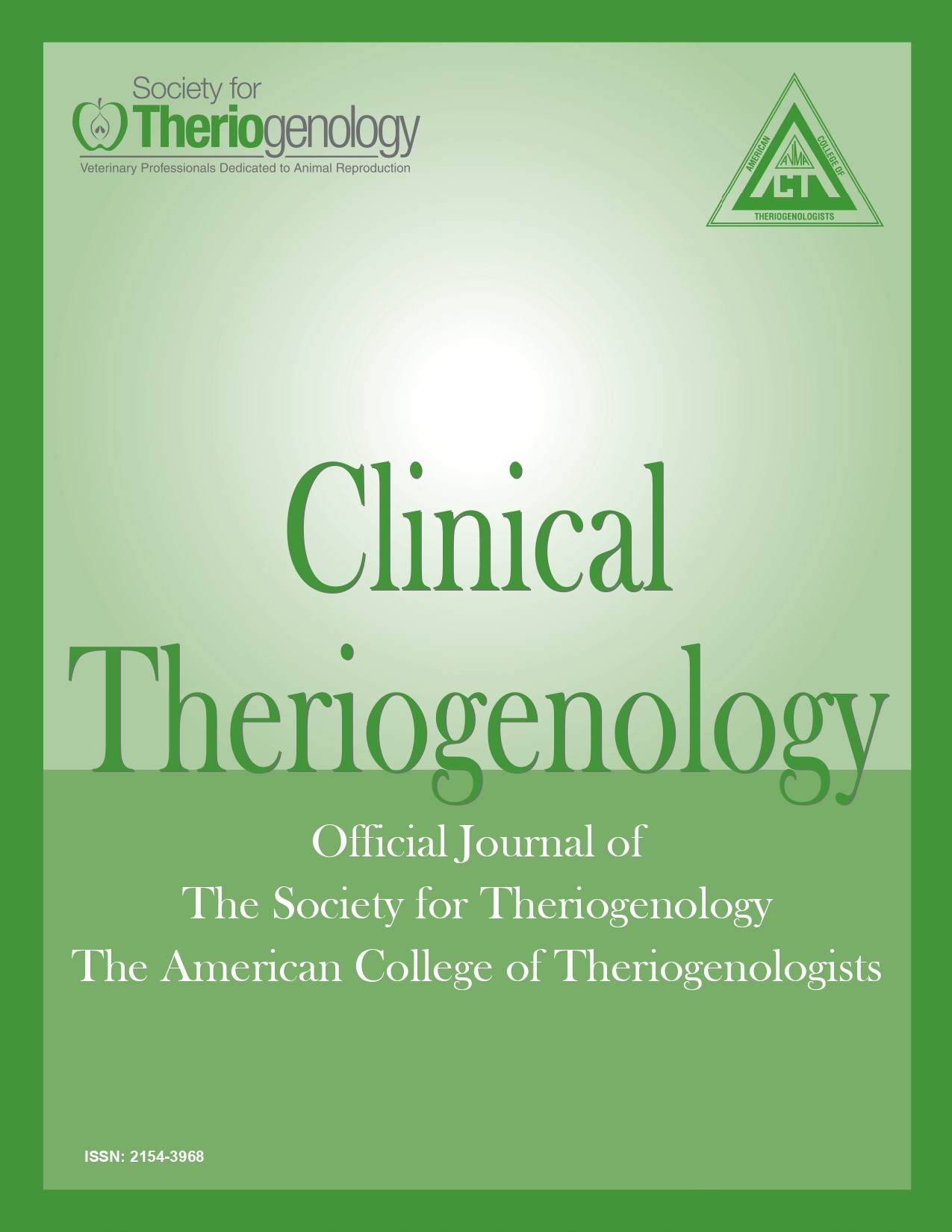Metabolic and environmental effects on embryo epigenome
Abstract
Extensive epigenetic changes occur during early embryonic development, which are necessary to reset the gametic gene expression program to an embryonic totipotent state and ensure full developmental potential is achieved. Epigenetic changes are catalized by enzymes, many of which use products of intermediate cell metabolism as cofactors or substrates. Early development occurs in a fluid environment provided by various compartments as gametes/embryos develop and whose composition is sensitive to metabolic and physiological changes. Therefore, nutritional and environmental factors can potentially alter the embryonic epigenome, influencing the trajectory of development, with long term effects on healthspan. In this manuscript, we review connections between metabolism and epigenetics and how environmental factors can affect gametes and embryos, with potential effects on the animal.
Downloads

This work is licensed under a Creative Commons Attribution-NonCommercial 4.0 International License.
Authors retain copyright of their work, with first publication rights granted to Clinical Theriogenology. Read more about copyright and licensing here.





